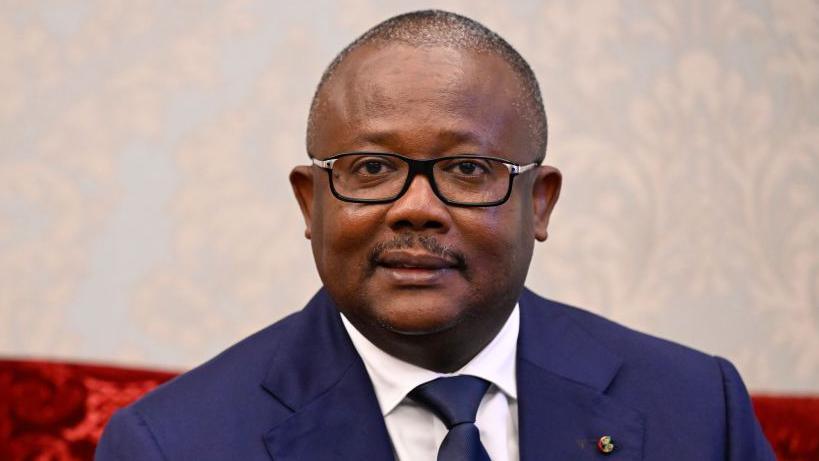
Guinea-Bissau’s ousted president, Umaro Sissoco Embaló, has arrived in Senegal after military forces deposed his government and later released him, Senegalese authorities confirmed. His evacuation follows tense negotiations by regional bloc Ecowas, which sought guarantees for his safety amid rising instability.
Senegal’s foreign ministry said Embaló landed “safe and sound” late on Thursday on a chartered military flight. Meanwhile, Guinea-Bissau’s military has installed Gen Horta N’Tam as transitional leader for one year, extending the army’s long-standing influence over the coup-prone nation.
The coup unfolded just one day before provisional results from presidential and parliamentary elections were due. The military halted the electoral process, blocked the publication of results and imposed a night curfew, claiming it acted to stop a plot by unnamed politicians supported by a “well-known drug baron,” though no evidence was provided.
A West African diplomat told local media that Ecowas prioritised Embaló’s safe evacuation but declined to comment on his physical condition. The Ecowas chair, Sierra Leone’s president Julius Maada Bio, reportedly secured assurances for Embaló’s safety earlier in the week.
According to media reports, opposition contender Fernando Dias, former prime minister Domingos Pereira and Interior Minister Botché Candé were also detained as troops increased their presence in the capital. Shops and markets remained shut on Thursday while soldiers patrolled Bissau’s streets, local outlets reported.
After being sworn in, Gen N’Tam said the military acted “to block operations that aimed to threaten our democracy.” Borders, initially sealed when the coup was announced, were later reopened.
Some civil society groups accuse Embaló of staging a “simulated coup” with military backing to prevent election results from being released in case he lost. Dias, his main challenger, echoed this, calling it an “organised coup” and insisting he won around 52% of the vote. Embaló has not responded publicly.
Guinea-Bissau, long shaped by military influence and drug-trafficking networks, has experienced repeated bouts of political instability. Embaló, a former army general, claims to have survived several coup attempts, though critics accuse him of manufacturing crises to suppress opposition.
Ecowas has suspended Guinea-Bissau from its decision-making bodies, condemning the takeover as a serious breach of constitutional order and demanding the military return to barracks. The African Union and the UN also called for an immediate restoration of civilian authority.
Guinea-Bissau has seen at least nine coups or attempted coups since independence in 1974.
